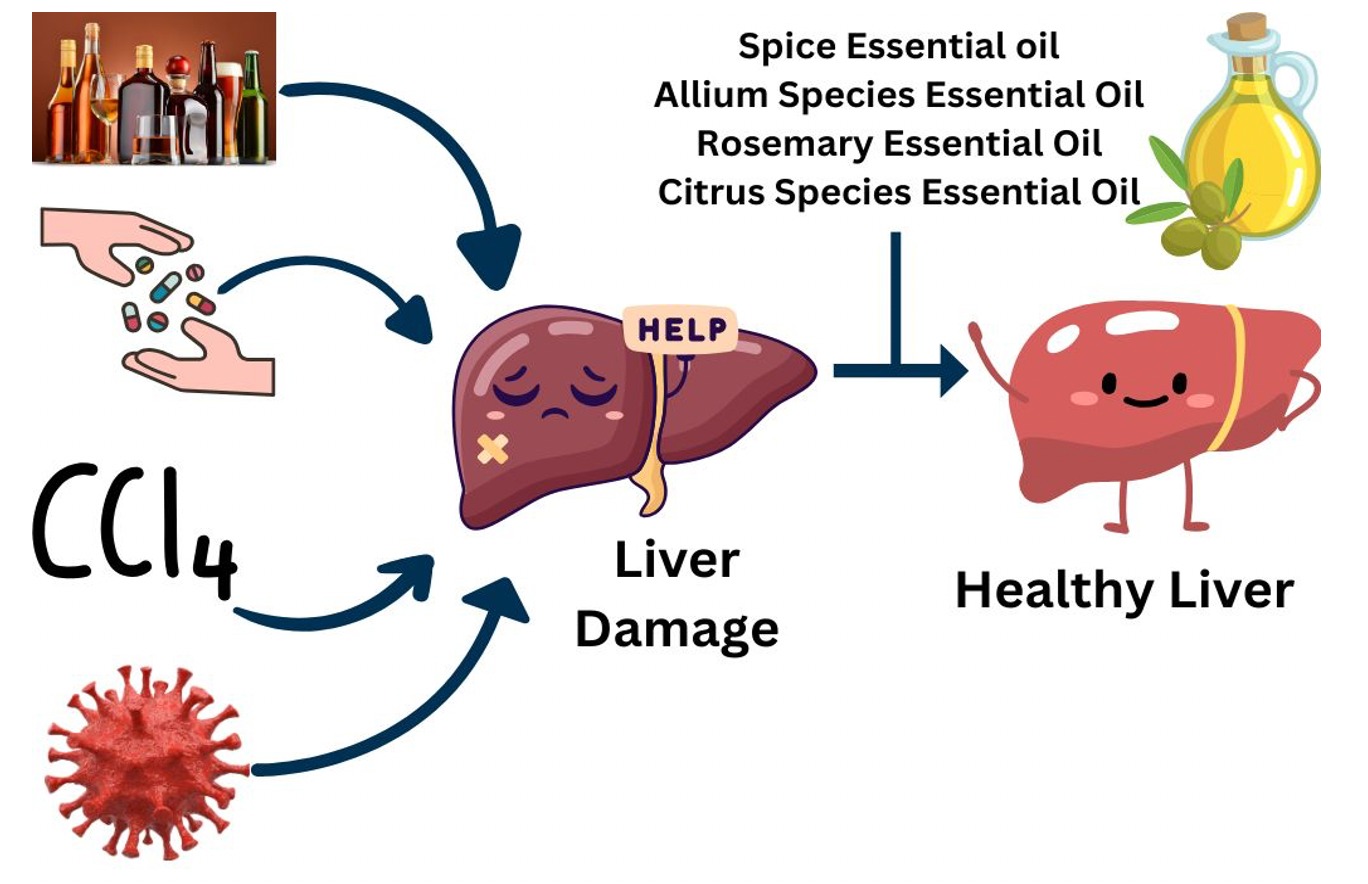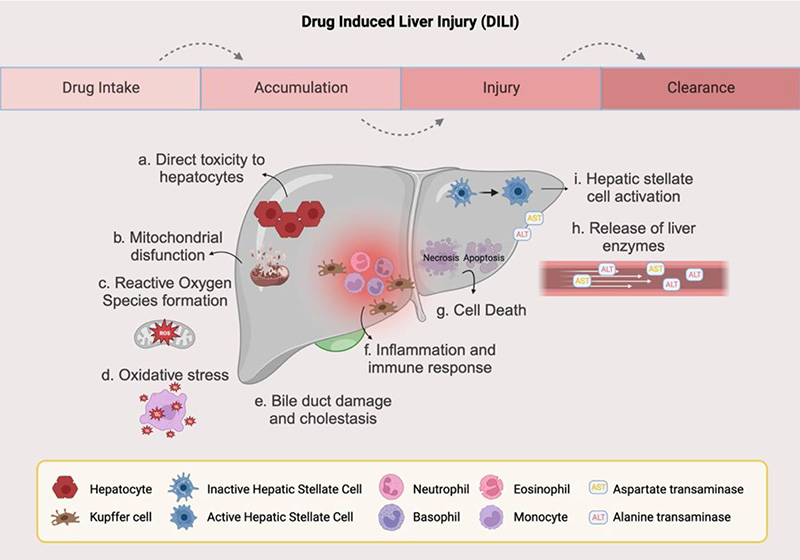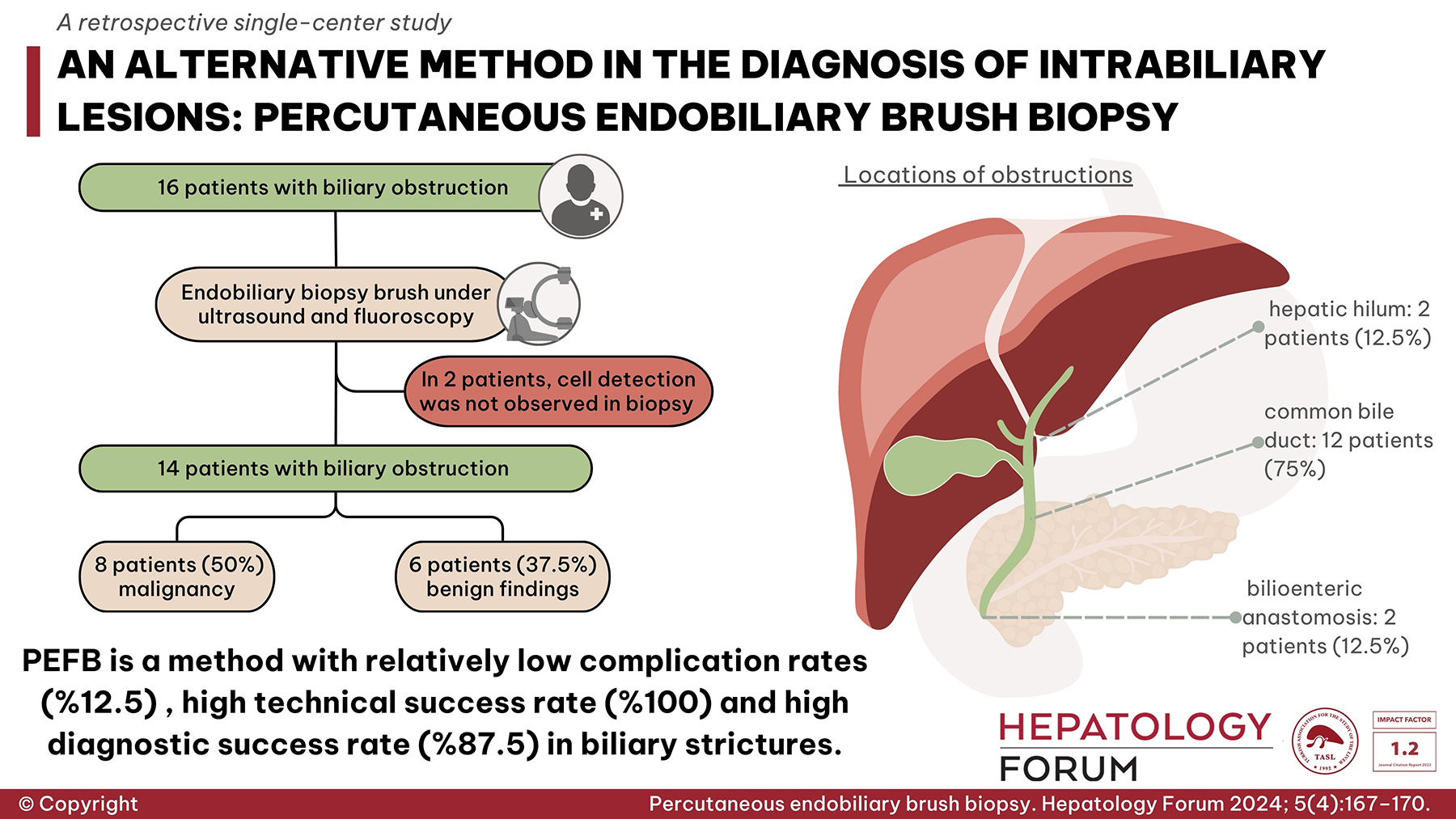2Department of Histology and Embryology, Faculty of Medicine, Sivas Cumhuriyet University Sivas, Türkiye
3Department of Gastroenterology, Faculty of Medicine, Fırat University, Elazığ, Türkiye
4Department of Pathology, Faculty of Medicine, Fırat University, Elazığ, Türkiye
5Department of Molecular Biology, Faculty of Science, Fırat University, Elazığ, Türkiye
6Department of Biochemistry, Faculty of Medicine, Fırat University, Elazığ, Türkiye
7Department of Animal Nutrition, Faculty of Veterinary, Fırat University, Elazığ, Türkiye
Abstract
Background and Aim: Metabolic-dysfunction-associated steatotic liver disease and its related mortality are increasing worldwide. This study eval-uated the potential of rifaximin in preventing and treating steatohepatitis induced by a high-fructose diet by modulating intestinal pathology.
Material and Methods: Forty-two rats were randomly divided into six groups: one group received a normal diet, another was fed a fructose diet, two groups received rifaximin (once or three times weekly) along with a fructose diet, and the remaining two groups were given rifaximin (once or three times weekly) with a normal diet. After eight weeks, liver tissues were examined for malondialdehyde, tumor necrosis factor-α, nuclear factor-κB, and nuclear factor erythroid 2–related factor 2 using Western blot analysis, while blood samples were analyzed for uric acid, liver enzymes, triglycerides, and choles-terol; plasma tumor necrosis factor-α was measured by ELISA.
Results: The fructose diet group showed significant increases in body and liver weights, ballooning degeneration, lobular inflammation, and macrove-sicular steatosis. Metabolic dysfunction-associated steatotic liver disease de-veloped in 21 rats, yet steatohepatitis was observed only in the fructose-on-ly group. Biochemical markers, including liver enzymes, triglycerides, and cholesterol, were significantly elevated in the fructose group. Moreover, plasma and tissue tumor necrosis factor-α and nuclear factor-κB levels were higher in the fructose group (p=0.03), while Nrf-2 levels were elevated in the rifaximin-treated groups (p=0.043). Additionally, MDA levels were markedly increased in the fructose-only group (p=0.033) and decreased dose-dependently with rifaximin treatment (p=0.029).
Conclusion: These findings suggest that rifaximin’s anti-inflammatory and antioxidant effects may alleviate fructose-induced steatohepatitis, although further clinical studies are warranted.





 Nese Cabuk Celik1
Nese Cabuk Celik1 









